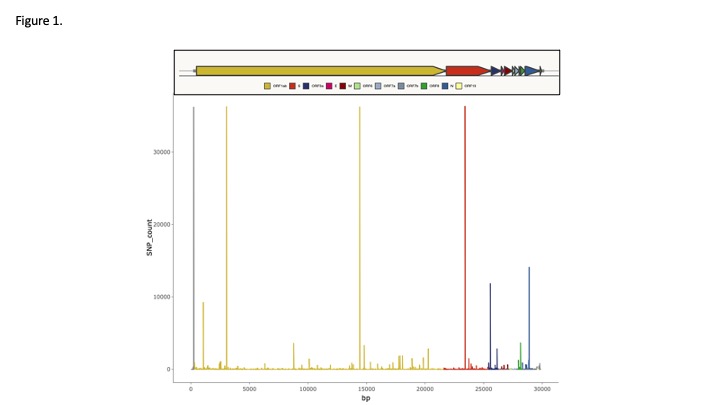Starting from early 2020, the COVID-19 pandemic has caused a morbidity and mortality excess worldwide. Containment strategies rely firstly on rapid and sensitive laboratory diagnosis with molecular detection of the viral genome in respiratory samples being the gold standard. Reliability of diagnostic protocols could be affected by SARS-CoV-2 genetic variability. In fact, mutations occurring during SARS-CoV-2 genomic evolution can involve the regions targeted by the diagnostic probes. Following a review of the literature and an in silico analysis of the most recently described virus variants (including the UK B 1.1.7 and the South Africa 501Y.V2 variants), we conclude that the described genetic variability should have minimal or no effect on the sensitivity of existing diagnostic protocols for SARS-CoV-2 genome detection. However, given the continuous emergence of new variants, the situation should be monitored in the future, and protocols including multiple targets should be preferred.

